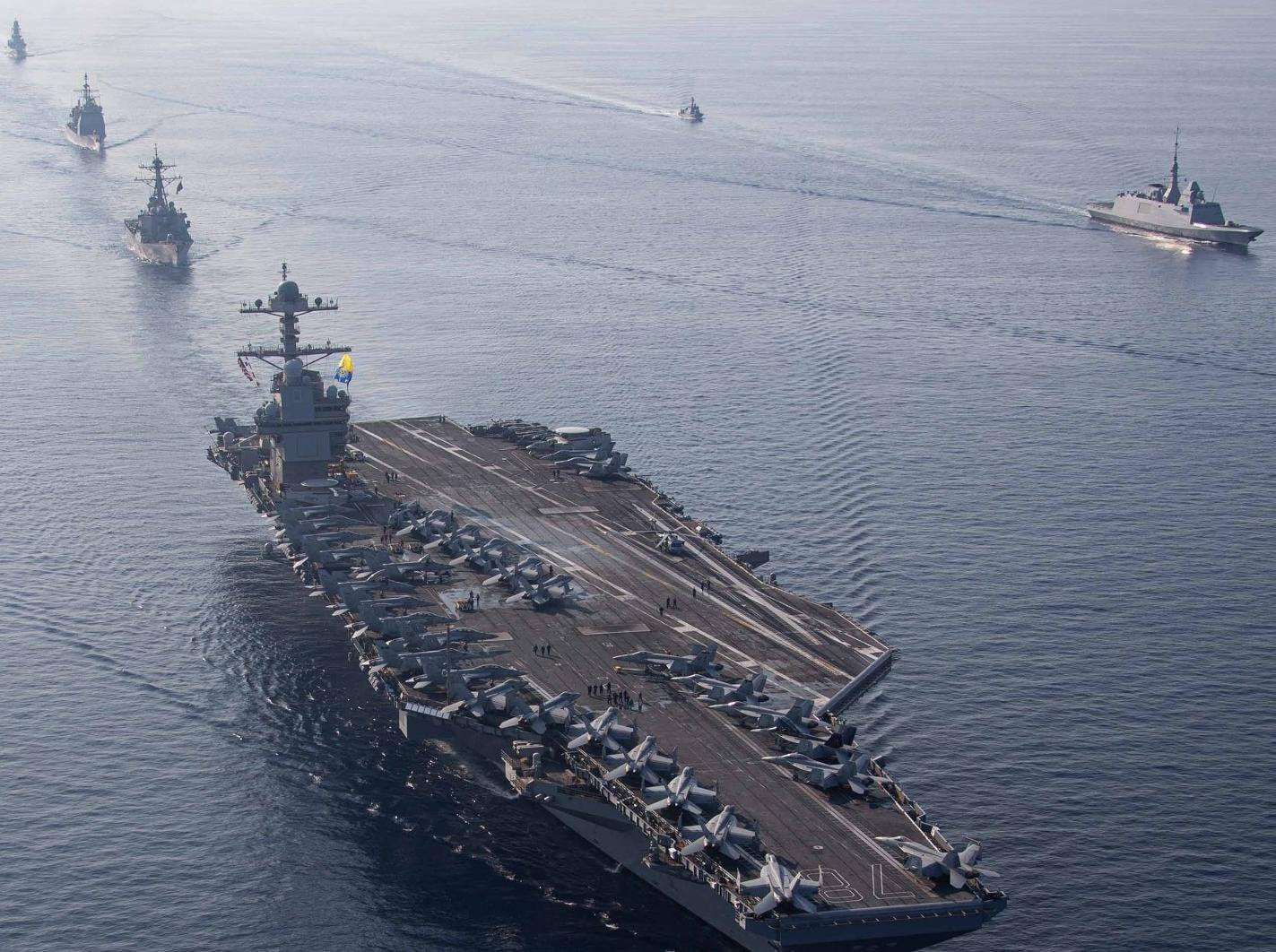The U.S. defense strategy and posture have become insolvent. The tasks that the nation expects its military forces and other elements of national power to do internationally exceed the means that are available to accomplish those tasks. Sustained, coordinated efforts by the United States and its allies are necessary to deter and defeat modern threats, including Russia's ongoing war in Ukraine and reconstituted forces and China's economic takeoff and concomitant military modernization. This report offers ideas on how to address shortcomings in defense preparations.
Fighting Together: The Evolving Capabilities of Key U.S. Allies and Partners
This research was sponsored by the Smith Richardson Foundation and conducted within the International Security and Defense Policy Program of the RAND National Security Research Division (NSRD).
This report is part of the RAND Corporation Research report series. RAND reports present research findings and objective analysis that address the challenges facing the public and private sectors. All RAND reports undergo rigorous peer review to ensure high standards for research quality and objectivity.
This document and trademark(s) contained herein are protected by law. This representation of RAND intellectual property is provided for noncommercial use only. Unauthorized posting of this publication online is prohibited; linking directly to this product page is encouraged. Permission is required from RAND to reproduce, or reuse in another form, any of its research documents for commercial purposes. For information on reprint and reuse permissions, please visit www.rand.org/pubs/permissions.
The RAND Corporation is a nonprofit institution that helps improve policy and decisionmaking through research and analysis. RAND's publications do not necessarily reflect the opinions of its research clients and sponsors.

Linny911 on August 9th, 2023 at 17:31 UTC »
The issue is more economics+demographic than military. No amount of more military spending by US and allies will mean much in the long term if the current economic relation that it gifted CCP with doesn't change. As much as actions need to be done on the military front, a lot of actions need to be done to redirect imports/investments to elsewhere, or pay the high price of cheap goods that could be sourced elsewhere when it comes due.
There's geopolitical angle of doing it too. China's neighbors whom it has issues would love to be making high value manufactured goods for the West that CCP currently enjoys, instead of being banana farmers to CCP. CCP gets weakened, it's adversaries in the region will get strengthened, and West gets more reliable supply and more support among countries to the degree it doesn't now. Win-win-win.
RongbingMu on August 9th, 2023 at 14:01 UTC »
After reading about 100 pages, here are my takeaways for the Taiwan conflict:
Should the war break out near Taiwan, NATO allies cannot "defeat" China. The best course of action is to deter such a conflict from occurring. The only viable strategy for this is for Taiwan to be a porcupine and Japan also jump into the frontline. Currently, there's no indication of Taiwan adopting this porcupine-like stance other than something verbal, evidenced by its 2% defense budget and the absence of urgent, effective defense reforms. While Japan has historically been both a capable and committed ally, its efforts up to now have been largely passive.So the most pressing action item is to kick both Taiwan and Japan's butts so they can get to work.
RongbingMu on August 9th, 2023 at 13:36 UTC »
Submission Statement by the analysis authors